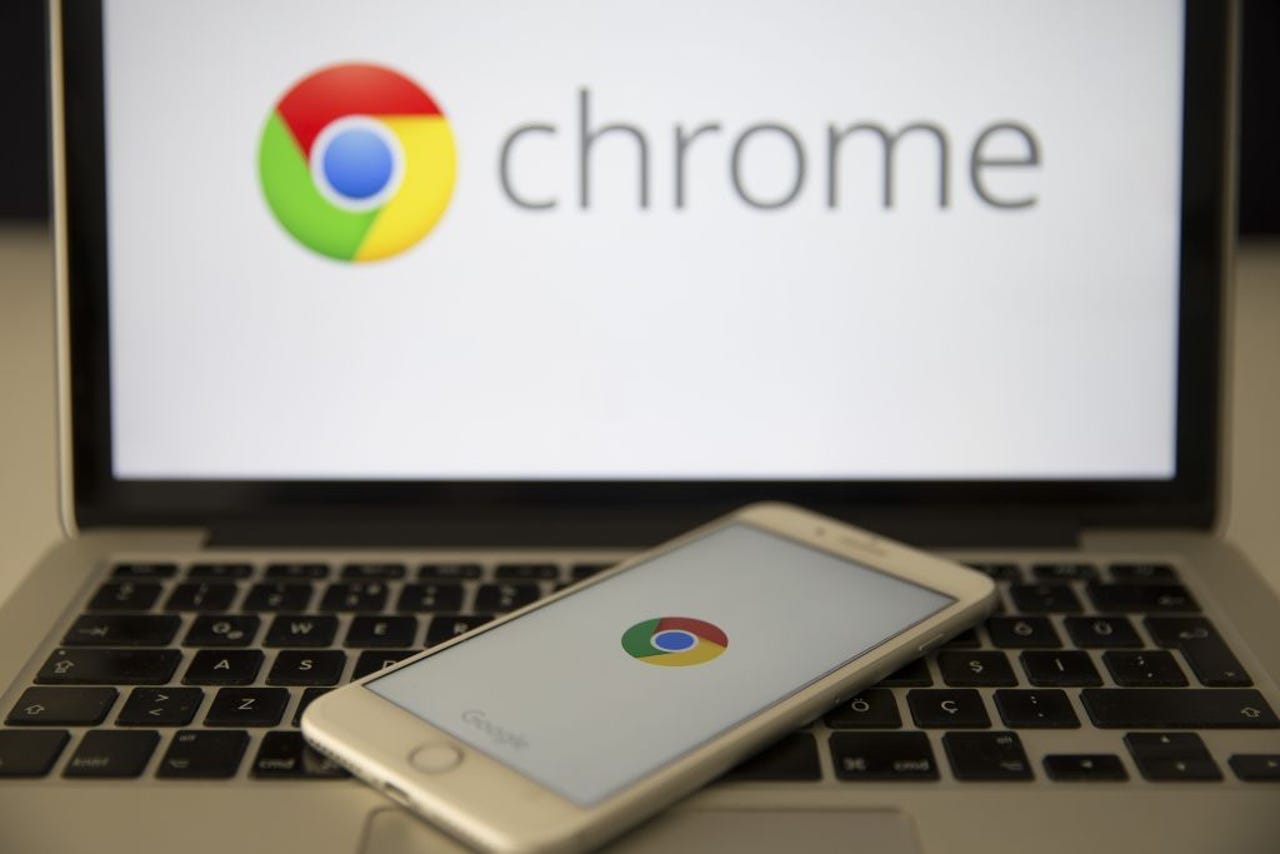'ZDNET Recommends': What exactly does it mean?
ZDNET's recommendations are based on many hours of testing, research, and comparison shopping. We gather data from the best available sources, including vendor and retailer listings as well as other relevant and independent reviews sites. And we pore over customer reviews to find out what matters to real people who already own and use the products and services we’re assessing.
When you click through from our site to a retailer and buy a product or service, we may earn affiliate commissions. This helps support our work, but does not affect what we cover or how, and it does not affect the price you pay. Neither ZDNET nor the author are compensated for these independent reviews. Indeed, we follow strict guidelines that ensure our editorial content is never influenced by advertisers.
ZDNET's editorial team writes on behalf of you, our reader. Our goal is to deliver the most accurate information and the most knowledgeable advice possible in order to help you make smarter buying decisions on tech gear and a wide array of products and services. Our editors thoroughly review and fact-check every article to ensure that our content meets the highest standards. If we have made an error or published misleading information, we will correct or clarify the article. If you see inaccuracies in our content, please report the mistake via this form.
How to get around Chrome's save-as-WebP image format issue


Have you ever gone to save an image from a webpage, only to find that the format it suggests is one you've never heard of? While JPG, GIF, and PNG are all standard and simple-to-use formats, Google has shifted the Chrome browser during the past year, such that any time you save an image file, it wants to default to the WebP format.
Also: Google just gave Android's most frustrating widget an AI facelift, and it's such a relief
The tech giant made this transition because the WebP format makes image files roughly 25% smaller. That reduction doesn't affect the actual image size, but does impact the size of the file that is saved. That reduction saves considerable space for website hosting but can be a real problem for users who want to save and view images.
Fortunately, there's a Chrome extension you can add that will allow you to convert the image into either JPG or PNG format. Let me show you how to install and use this extension.
How to circumvent Chrome's save-as-WebP image format issue
What you'll need: The only thing you'll need is an updated version of the Chrome browser. I'll demonstrate with version 109.0.5414.119, running on Pop! OS Linux, but the operating system you use doesn't matter.
With your browser ready, let's take care of this problem.
1. Open Chrome
The first thing to do is open the Chrome web browser.
2. Install the extension
The extension in question is called Save image as Type. Point your browser to the extension's page in the Chrome Web Store and click Add to Chrome. When prompted, click Add Extension, and the installation is complete.
Installing the Save image As Type Chrome extension.
3. Pin the extension
Once the extension is installed, you'll want to pin the extension to the Chrome toolbar for easier access. To do that, click the puzzle piece icon and, from the drop-down, click the pin icon associated with Save image as Type.
Also: Google Chrome 117 will let you know if you've installed malicious extensions
This will pin the icon, which looks like a small image, to the toolbar. You don't have to pin the extension to the toolbar if you don't want to because that's not how you interact with it. But pinning is always the easiest way to remove an extension from Chrome.
If you decide to remove the extension, all you have to do is right-click the icon and select Remove From Chrome.
Pinning the extension to the Chrome toolbar.
Using the Save image as Type extension
Before you can use the extension, you'll need to close and re-open Chrome. Once you do that, open a webpage that includes an image you want to save.
Right click the image and select Save image as Type > Save as X (where X is either JPG, PNG, or WebP).
Saving an image in JPG format in Chrome is once again possible.
Your image will now be saved in the file format of your choice, and you're good to go.
Also: How to Google more effectively to get the results you need
That's all it takes to get around a problem that has been frustrating users since Google opted to change the default behavior in its web browser. Even though WebP is a valid image file format, it's simply not as widely accepted as JPG or PNG -- and this simple extension avoids the issue.